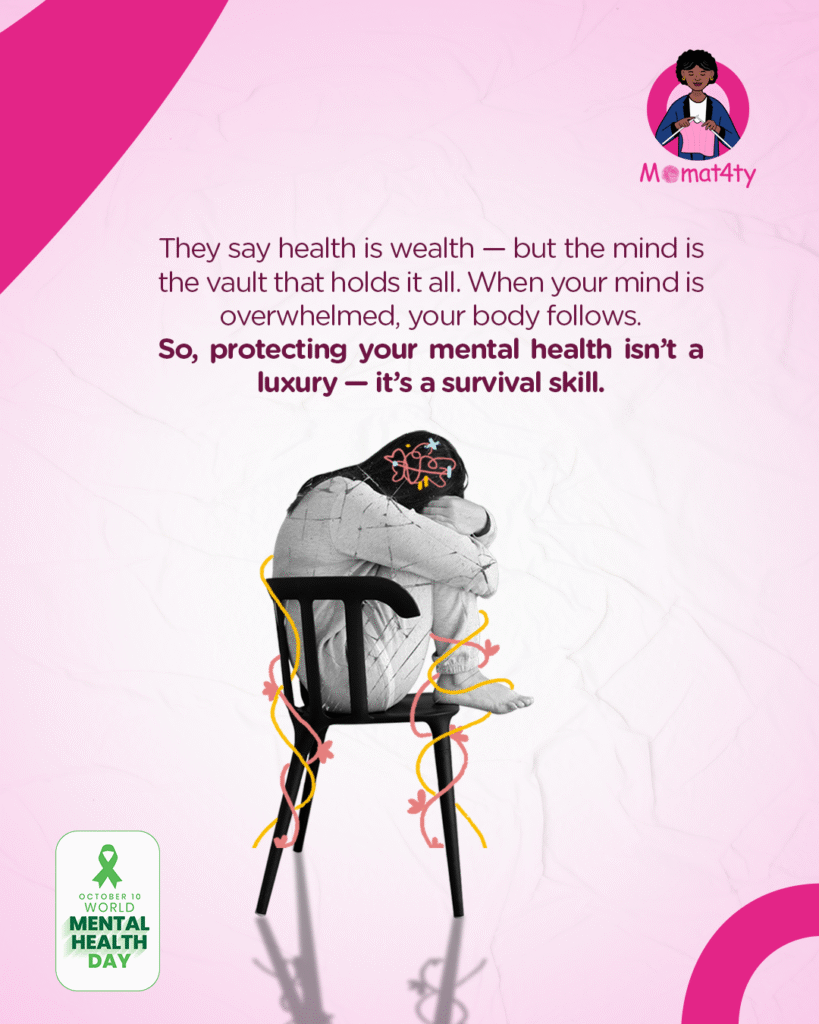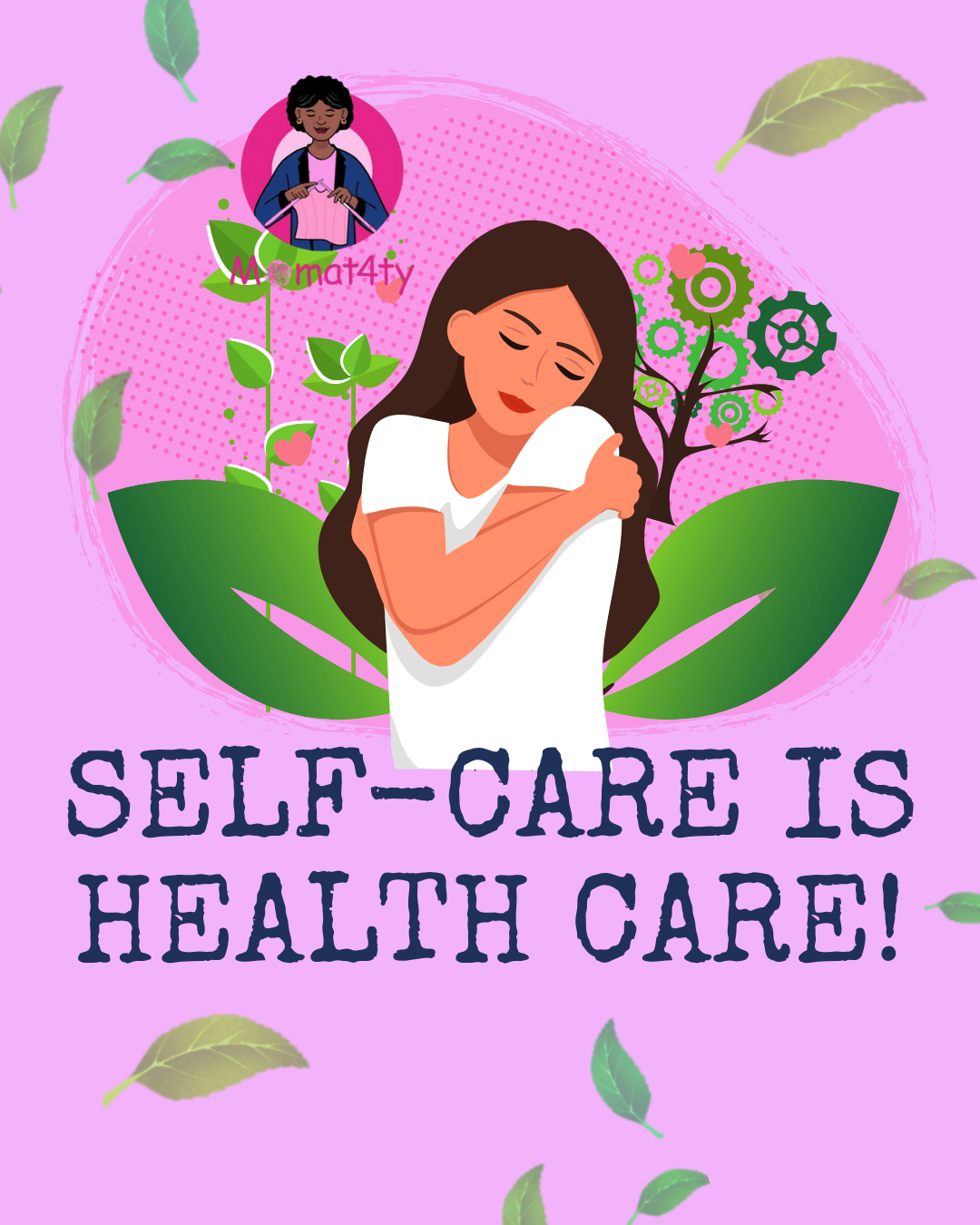The birth of a child is celebrated as a joyous occasion, a moment of profound blessing. For many Nigerian mothers, however, the weeks and months following childbirth can be overshadowed by a silent struggle that is rarely acknowledged: postpartum depression (PPD) and the milder, yet still challenging, “baby blues.”
While the “baby blues” affect up to 80% of new mothers – manifesting as mood swings, anxiety, and tearfulness often subsiding within two weeks – PPD is more severe and persistent. It can involve intense sadness, hopelessness, severe anxiety, panic attacks, thoughts of harming oneself or the baby, and an inability to cope with daily tasks. Yet, in Nigeria and across much of Africa, countless women suffer in agonizing silence.
The Heavy Veil of Cultural Stigma
Why the silence? The roots lie deep within our cultural fabric:
- “It’s a Blessing, You Should Be Happy”: There’s immense pressure on new mothers to be constantly joyful and grateful. Admitting to feelings of sadness or despair can be seen as ungrateful, a sign of spiritual weakness, or even an affront to the blessing of a child.
- Lack of Awareness and Misinterpretation: Many do not understand PPD as a medical condition. Symptoms might be dismissed as “witchcraft,” “spiritual attacks,” laziness, or simply a woman being “difficult.” This often leads to misdiagnosis, traditional remedies that don’t address the core issue, or outright neglect.
- The “Strong Woman” Ideal: African societies often celebrate the image of the resilient, self-sacrificing woman who endures silently. Seeking help for emotional distress can be perceived as a failure to live up to this ideal, bringing shame upon the family.
- Limited Access to Mental Healthcare: Even if a woman identifies her struggle, access to professional mental health services is scarce, expensive, and often stigmatized itself. Many communities lack trained therapists or counselors.
- Focus on Physical Health: While maternal physical health is a growing area of focus, mental health often takes a back seat, seen as less critical or urgent.
The Hidden Cost of Silence
The impact of this silence is devastating. Untreated PPD can:
- Affect Mother-Baby Bonding: Making it difficult for a mother to connect with her child, which can impact the child’s development.
- Strain Relationships: Leading to marital conflict, isolation, and a breakdown of family support.
- Lead to Severe Outcomes: In extreme cases, PPD can result in severe harm to the mother or, tragically, even the child.
- Exacerbate Economic Hardship: A mother struggling with PPD may be unable to care for her family, earn income, or manage her household, deepening existing poverty cycles.

Breaking the Chains: The Urgent Need for Action
Protecting maternal mental health in Nigeria and across Africa requires a multi-faceted approach:
- Education and Awareness Campaigns: We need to normalize conversations about maternal mental health. Campaigns must explain PPD in simple, culturally appropriate language, highlighting that it’s a medical condition, not a moral failing.
- Training for Healthcare Professionals: Frontline health workers—nurses, midwives, community health workers—must be trained to screen for PPD, recognize its symptoms, and know how to offer initial support or refer to specialists.
- Community-Based Support Systems: Creating safe spaces, support groups, and peer counseling led by women who have experienced PPD can provide invaluable comfort and practical advice. These can be integrated into existing community structures like women’s groups or religious organizations.
- Advocacy for Policy Change: Governments need to invest in mental health infrastructure, integrate mental health services into maternal care, and implement policies that reduce the cost and stigma of seeking help.
- Engaging Men and Families: Educating partners, in-laws, and extended family members is crucial. When families understand PPD, they can offer vital support instead of judgment.
A Call to Empathy and Action
The joy of childbirth should not come with the hidden burden of mental anguish. It’s time to dismantle the cultural barriers that force our mothers to suffer in silence. By fostering open dialogue, providing accessible support, and advocating for systemic change, we can protect the mental well-being of Nigerian and African mothers, ensuring that the next generation truly begins with joy, health, and peace of mind.


It’s important to highlight the challenges many Nigerian mothers face after childbirth, as the article mentions; I found some additional context on coping strategies